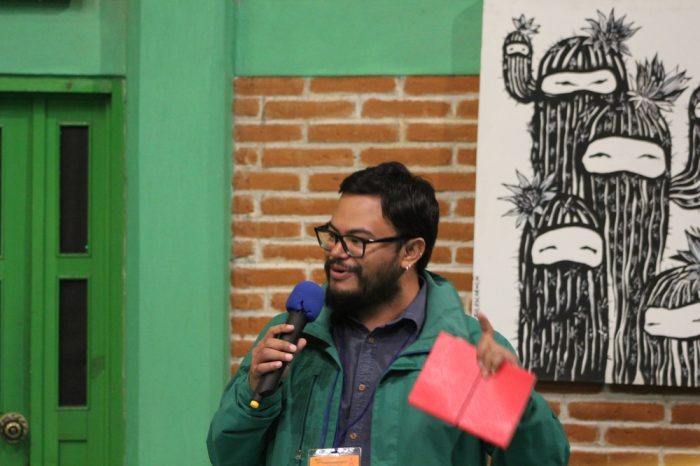
By Raúl Romero. Peninsula 360 Press [P360P].
I lived until I was a teenager in what was once a rural town on the outskirts of Mexico City. My family, like many in the surrounding area, used to raise animals for self-consumption. In my childhood memories there are pigs, rabbits, chickens, turkeys? I also keep in my memory the walks and baths in the river, the soccer games in the plains, the marble games in the vacant lots, all within a 5 or 10 minute walk from my house.
With the severance pay my father received after losing his job in the harsh economic crisis of 1994, my family set up a small grocery store. While helping in the store, I remember seeing Don Tomás, accompanied by his son Fernando, herding a dozen cows and calves, two oxen, a donkey and a dog. Don Tomás was taking his cattle to pasture. Hours later, they were on their way back, leaving behind them several piles of what was a good feast.
Before nightfall, Don Tomás and Fernando made the same route again, but now only with their donkey, loaded with fresh milk, cheese and flan. I remember it well because those flans were wonderful.
As time went by, the city and "progress", with its highways, housing developments, shopping malls and more, devastated towns like the one I grew up in. The wild urbanization put an end to ways of life like that of Don Tomás and his family.
Don Tomas's livestock was diminishing and the places where he grazed were converted into residences with their respective gardens. Fernando grew up and the way of life that was imposed, forced him to replace the donkey for a motorcycle. For the neighbors it was more attractive to buy milk at the supermarket, where they also bought custard and cheese. Don Tomás died, his cattle disappeared and Fernando left illegally to seek better luck in the United States.
The story of don Tomás, his son and his cattle synthesizes well the history of this economic system that appropriates common goods, destroys ways of life, eliminates domestic economies, drives processes of savage urbanization and expels people from their territories.
Today the neighborhood where I grew up is no longer rural, violence and organized crime have taken over. The field where I used to play soccer was privatized and now very few have access to it. Some of my childhood friends also left for the U.S. in search of a better future.
I remember those scenes with nostalgia, and they encourage me to think that we deserve a dignified and just future.
Raúl Romero is a sociologist, Latin Americanist and academic technician at the Institute for Social Research at UNAM.


